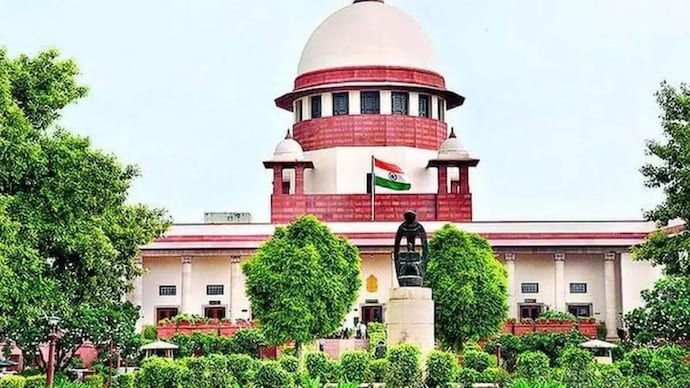NEW DELHI: The Supreme Court on Thursday reserved its verdict on the scope and need for an interim order after hearing arguments over three days from both the Centre and the petitioners regarding the validity of the Waqf (Amendment) Act, 2025, reported the Times of India.
Responding to objections raised by petitioners against the provision that only a practising Muslim for five years can dedicate properties for waqf, Solicitor General Tushar Mehta argued that the requirement aligns with the Muslim Personal Law (Shariat) Application Act, 1937.
Highlighting the issue of widespread misuse and usurpation of waqf properties for personal gain since the 1870s, Mehta said that registration of waqf properties, including those under the category of ‘waqf by user’, must be made mandatory under the Waqf Acts of 1923 and 1995.
He added that a person could only be governed by the 1937 Act if they satisfied a prescribed authority that they were Muslim and submitted a declaration expressing their desire to be governed by Sharia law in matters ranging from marriage to waqf. “So, what is the problem in the new law asking a person to be mandatorily a Muslim for the purpose of making a waqf?” he asked.
Senior advocate Kapil Sibal, supported by A M Singhvi, Rajeev Dhavan, and Huzefa Ahmadi, argued that the new law would enable the government to take control of ‘waqf by user’ properties, which had remained unregistered for decades due to state government lapses—punishing the community for no fault of theirs.
Sibal emphasized that waqf is an element of zakat, one of the five pillars of Islam. “Waqf is purely religious, and no authority can interfere in it as the Constitution guarantees every religious denomination the absolute right to manage its own religious institutions, including waqf,” he said.
Representing Rajasthan, senior advocate Rakesh Dwivedi submitted that the term ‘waqf by user’ was developed by the Privy Council and is not mentioned in the Waqf Act of 1923. He noted that in such cases, there was no formal dedication to Allah.
Meanwhile, senior advocates Ranjit Kumar, Maninder Singh, and Gopal Sankaranarayanan, representing the ST Muslim organisation from Odisha and a waqf board, backed the Centre’s stance.
During the hearing, an advocate highlighted that the Tamil Nadu Waqf Board had declared a 1,500-year-old Chola-era temple in Tiruchendurai and its surrounding areas as waqf property, sparking resistance from villagers who were then unable to sell their land without the board’s permission. She argued that the new law would help prevent such practices.




